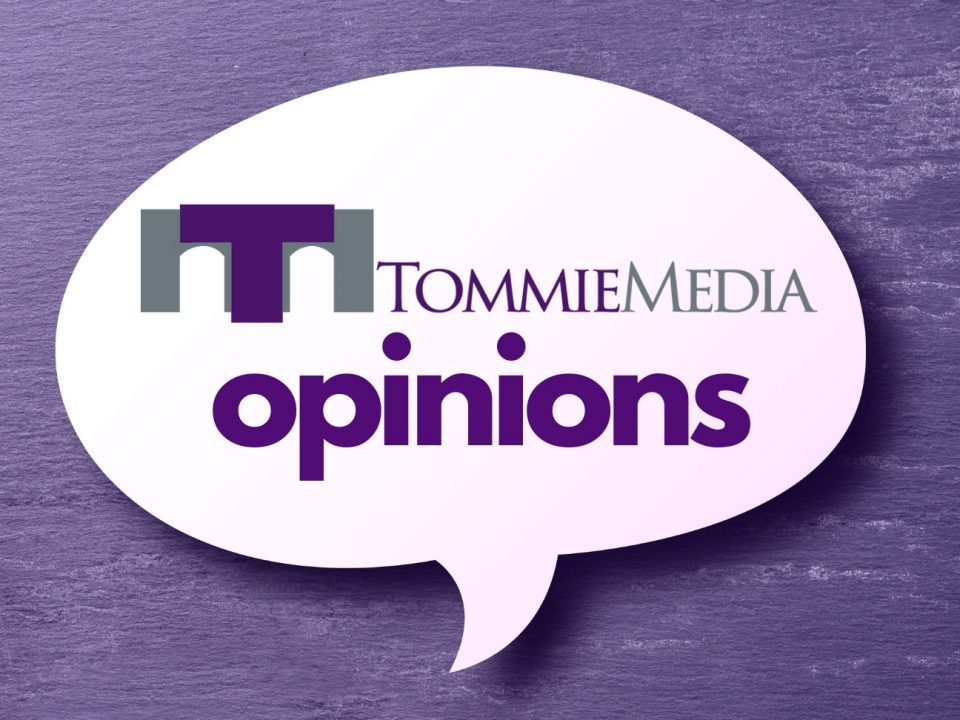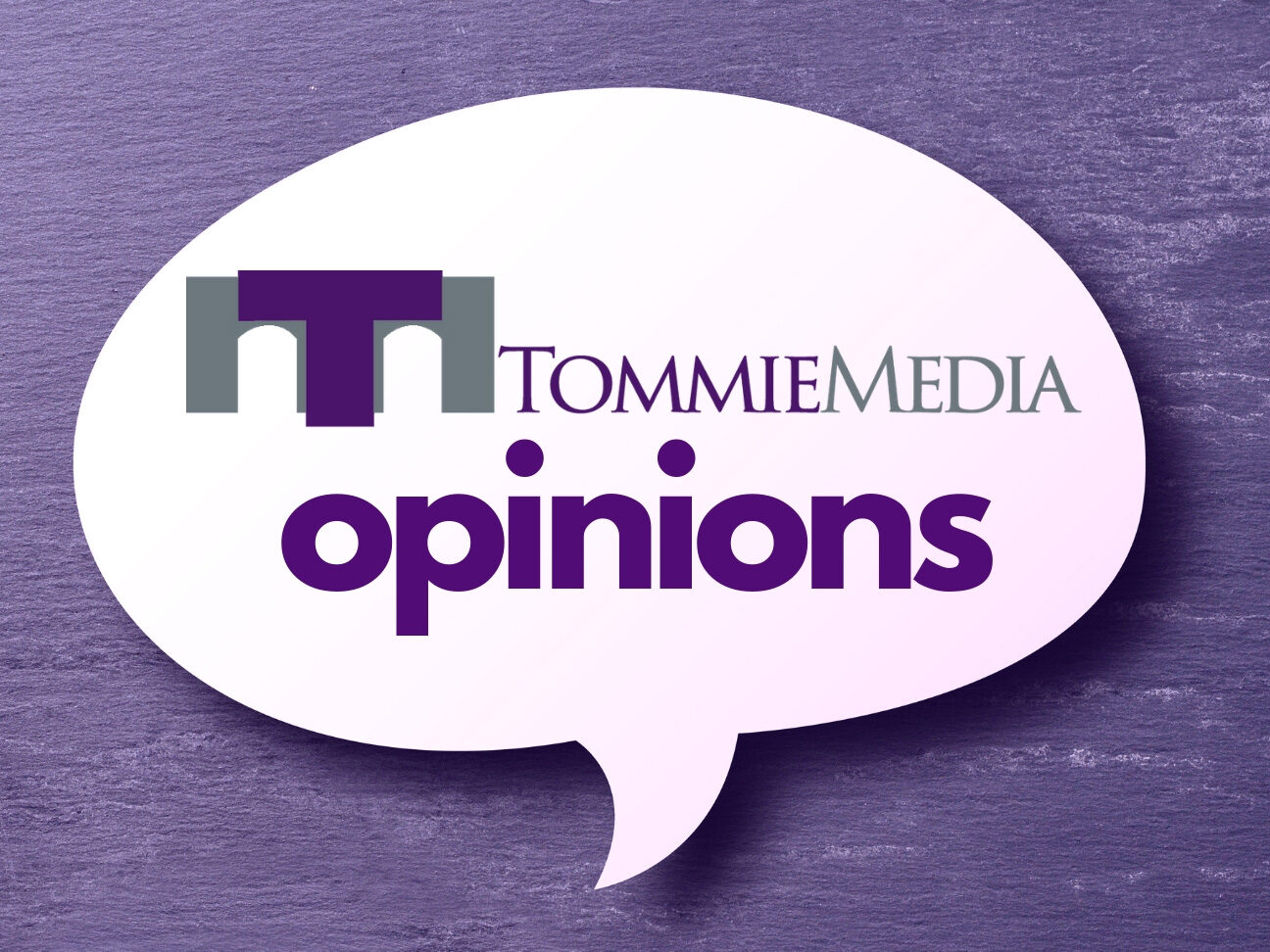
The presence of virtue signaling is growing in our society. The issue seems to worsen with an increasing number of celebrities eager to share their thoughts on social media, through protests and during award acceptance speeches. At the 2020 Golden Globe Awards, however, one celebrity stood out. Instead of lecturing the audience, Ricky Gervais decided to lecture the celebrities instead.
As host, Gervais poked fun at multiple celebrities and controversies within Hollywood, finishing his monologue by warning them, “So if you win, come up, accept your little award, thank your agent and your God, and f— off.”
However, his heartfelt speech did not accomplish what was intended, with multiple celebrities—such as Brad Pitt and Joaquin Phoenix—speaking out at the Golden Globes and the Academy Awards anyway.
Phoenix, for example, won an Oscar for his performance in “Joker” and gave his two cents about society in his acceptance speech, encouraging everyone to stop eating meat.
As good ol’ Uncle Ben would say, “With great power comes great responsibility.” But what kind of responsibility does the power of having such a platform entail?
Many people think politics should be completely separate from entertainment, arguing that celebrities have no authority to tell people what is right to do or think. This has become known as ‘virtue signaling,’ where people publicly express their opinions to highlight how virtuous they are compared to others. However, others argue celebrities have the right to share their opinions and even have a responsibility to do so.
While both sides have compelling arguments, it is important to understand in which scenarios it is appropriate and necessary to further a specific point of view.
Perhaps the most controversial scenario is when celebrities take advantage of their platform to promote their point of view. Examples of this include Leonardo DiCaprio’s Oscar acceptance speech, Natalie Portman’s famous remark on the all-male best director category in the 2018 Golden Globes and Joaquin Phoenix’s acceptance speeches at the Golden Globes and Oscars.
While these celebrities bring attention to important issues, the timing and method may be inappropriate for the occasion, to the point that it interrupts the event and, at times, may even alienate part of the audience. As Gervais said, celebrities lecturing the public to persuade them on current, controversial issues often has the opposite effect and causes public backlash.
This type of celebrity preaching came to its peak in 2016 due to the tensions of the presidential election. In September of that year, multiple celebrities came together in an ad for “Save the Day.” In this ad, celebrities like Robert Downey Jr., Scarlett Johansson and Mark Ruffalo encouraged viewers to register to vote.
However, controversy arose when a few celebrities implicitly told people who to vote for. Agree or disagree with them, what Ricky Gervais said is true. While celebrities are entitled to an opinion, they are in no position to tell people what to think.
So, what if celebrities still want to use their platform to raise awareness for pressing issues? The main problem with celebrities lecturing the public is not inherently in what they say, but how and when they say it.
Natalie Portman, for example, made things rather awkward when she made the remark of the “all-male nominees” during 2018’s Golden Globes. However, at the 2020 Oscars, she took a different, more subtle approach. This time around she decided to raise awareness through symbols rather than lectures and wore a dress with the names of snubbed female directors. This change of rhetoric allowed her to use her platform to further her views without being disruptive.
Since her initial remark is about an issue that has lasted too long, many agree with Alex Borstein’s argument in her “Step Out of Line” speech at the 2019 Emmy Awards. Using this type of rhetoric brings a lot more attention to such issues, which is what Portman and Borstein are after. However, it’s much more likely to bring about change with symbols people can get behind, rather than directly virtue signaling and polarizing the audience. In other words, if the end goal is persuasion, disruptive rhetoric usually breeds just that, disruption.
Regardless, celebrities still have the right to share their opinions, and while it’s understandable to become upset after they preach to the audience, asking them to stay quiet is simply not reasonable. Fortunately, the perfect stage for communication is already available. Social media provides the perfect platform to voice one’s opinions, since those who are open to hearing them will follow, and those who want no part of it won’t.
Ultimately, whether or not celebrities should use their platform to promote their opinions depends primarily on the stage in which they use it. Social media is the perfect stage for sharing anyone’s views, but virtue signaling on award shows and political ads is stepping out of line for people who are so disconnected from the reality of everyday life.
Gustavo Gutierrez Nidasio can be reached at guti6327@stthomas.edu.



